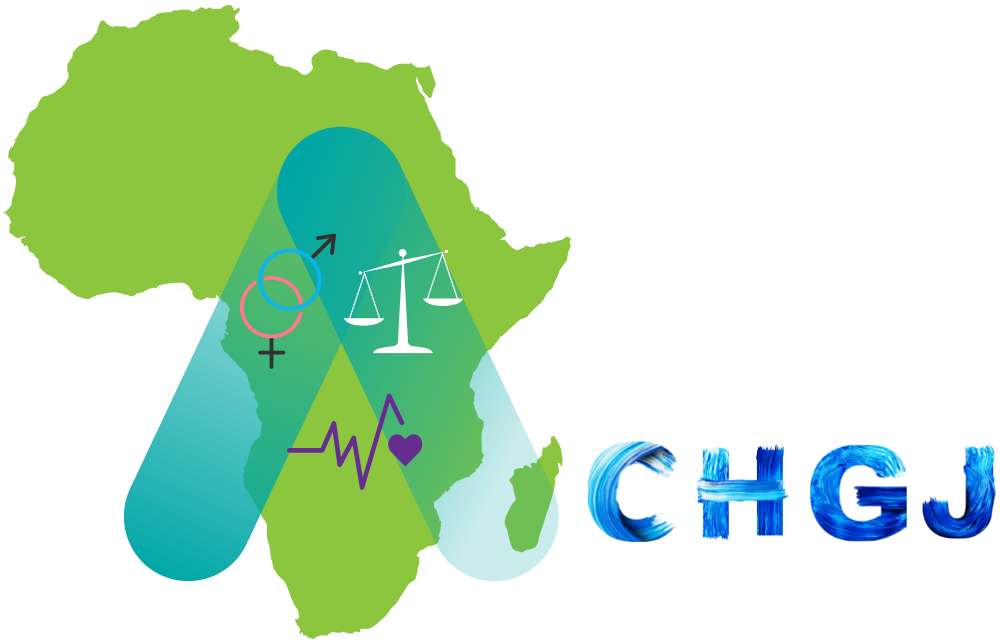Author: Dr Stellah Bosire
Date: 19th April 2023
Unsafe abortions predominantly occur in low-resource settings with limited access to safe abortion services(1). The health systems approach to safe abortion is a comprehensive approach that recognizes the importance of quality abortion care as part of an enabling environment(2). This approach encompasses several key elements, including the availability and accessibility of accurate and unbiased information, a supportive and well-functioning health system, and respect for human rights within a supportive legal and policy framework. The health systems approach of the World Health Organization aims to connect the needs, rights, and perspectives of people with appropriate services and technologies, ensuring equitable access and quality of care. This approach also recognizes the importance of policies and institutional capacities, including laws, regulations, human/physical resources, management, and financing, to support effective health systems.
The health systems approach to safe abortion emphasizes several key elements that work together to ensure women, girls and gender diverse persons, have access to quality care. Firstly, women, girls and gender diverse persons seeking abortion care need to have access to evidence-based, accurate, and unbiased information to make informed decisions about their reproductive health. Secondly, a supportive and well-functioning health system is essential, with adequate resources, trained healthcare providers, and financial support to ensure access to care regardless of ability to pay. Thirdly, respecting human rights within a supportive legal and policy framework is critical, with regulations and policies that do not create barriers to care or that subject women, girls and gender diverse persons to stigma or discrimination.
Furthermore, the health systems approach recognizes that no single model of abortion care will meet everyone’s needs, and thus emphasizes the importance of considering the what, who, where, and how of quality abortion care. This includes information and counseling, clinical recommendations for pre-abortion, abortion, and post-abortion care, and recognition of the broad range of health workers who can provide care. Different locations and service delivery approaches can coexist within any given context.
Implementing the health systems approach to safe abortion can ensure women, girls and gender diverse persons have access to safe and quality care, with respect for their reproductive health rights. Providing accurate information, creating a supportive health system, respecting human rights, and considering the what, who, where, and how of care are all critical components of this approach. By following this approach, we can work towards achieving the highest standard of sexual and reproductive health for all women, girls and gender diverse persons.
As an organization dedicated to improving health systems in Africa, AcHGJ recognizes the importance of a comprehensive approach to safe abortion that takes into account the needs and perspectives of women, girls and gender diverse persons seeking care, as well as the policy and institutional factors that can impact their access to quality services.
In particular, AcHGJ supports the emphasis on evidence-based, accurate, and unbiased information for women, girls and gender diverse persons seeking abortion care, as well as the need for a well-functioning health system with adequate resources and trained healthcare providers. AcHGJ also recognizes the importance of a supportive legal and policy framework that respects human rights and does not create barriers to care or subject women, girls and gender diverse persons to stigma or discrimination. AcHGJ recognizes the importance of ensuring that women, girls and gender diverse persons have access to care regardless of their socio-economic status or other factors that could otherwise limit their ability to access safe and quality abortion services.
1 WHO. Unsafe abortion: global and regional estimates of the incidence of unsafe abortion and associated mortality in 2008. 6th ed. Geneva: WHO; 2011.
2 Macleod CI, Reynolds JH. Reproductive health systems analyses and the reparative reproductive justice approach: a case study of unsafe abortion in Lesotho. Glob Public Health. 2022 Jun;17(6):801-814. doi: 10.1080/17441692.2021.1887317. Epub 2021 Feb 18. PMID: 33600739.

